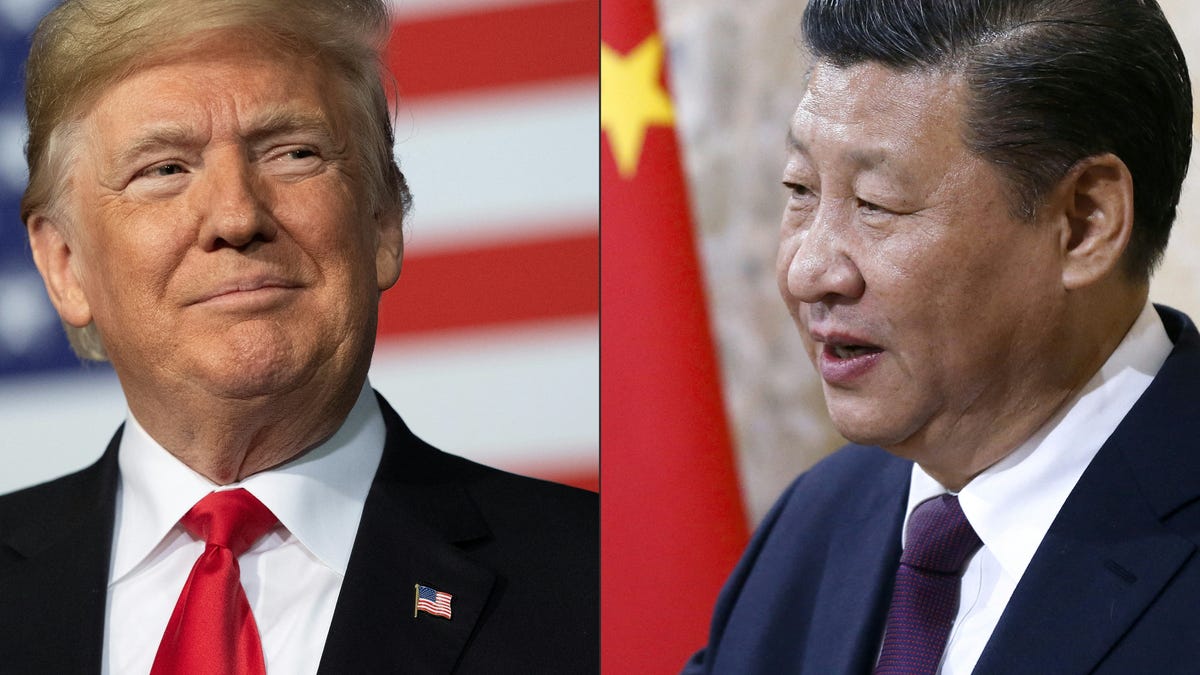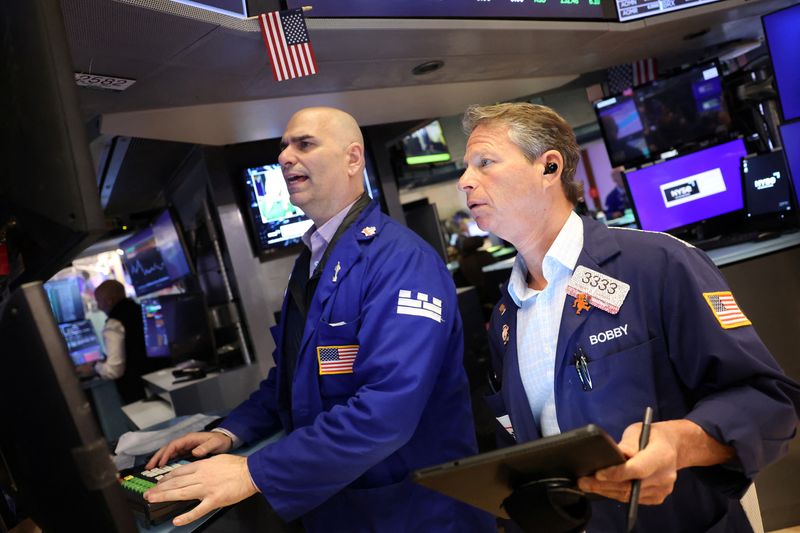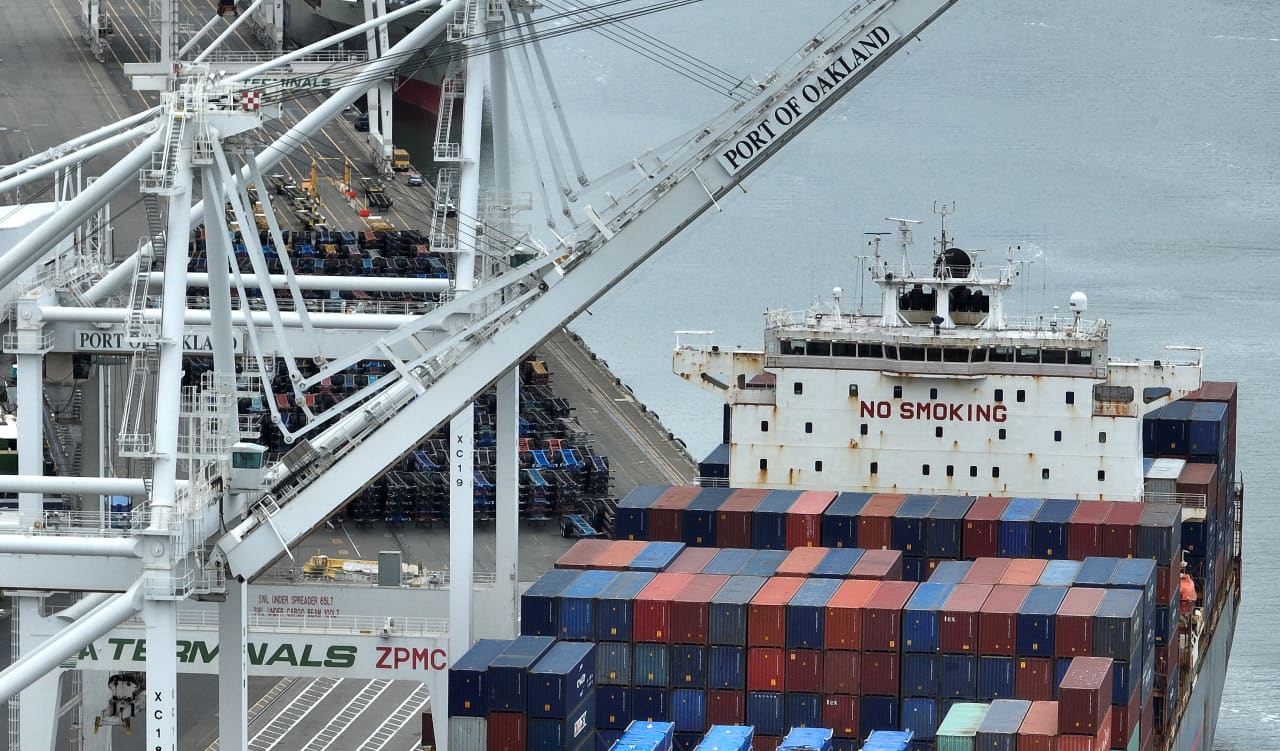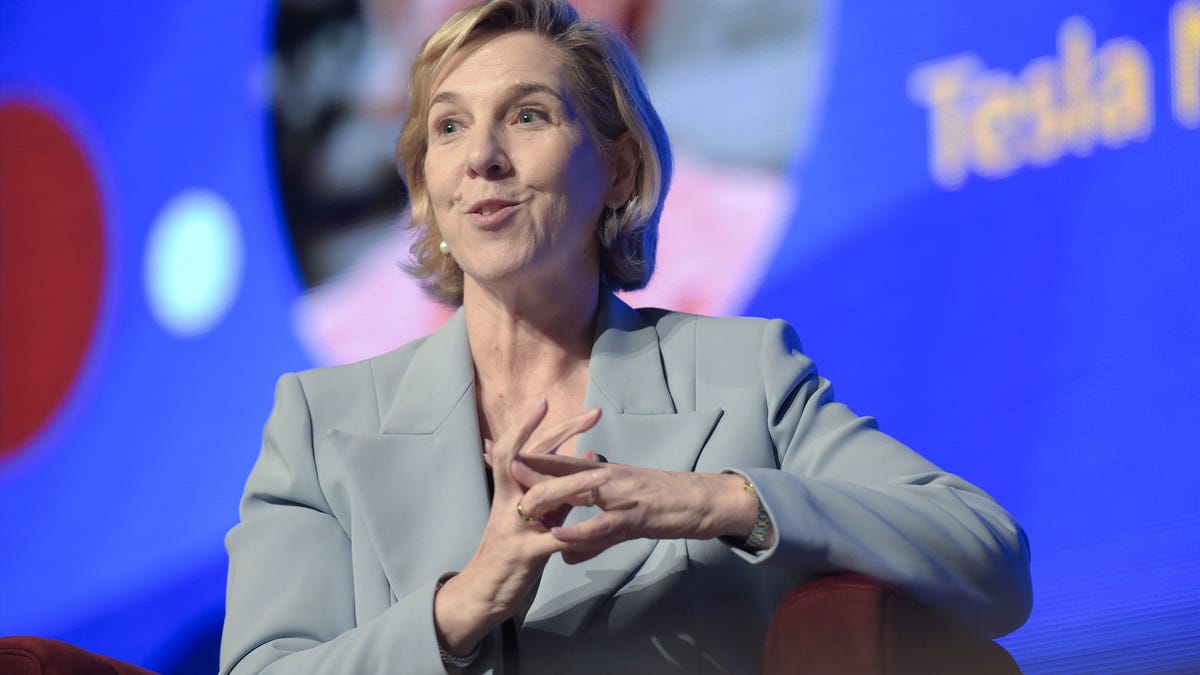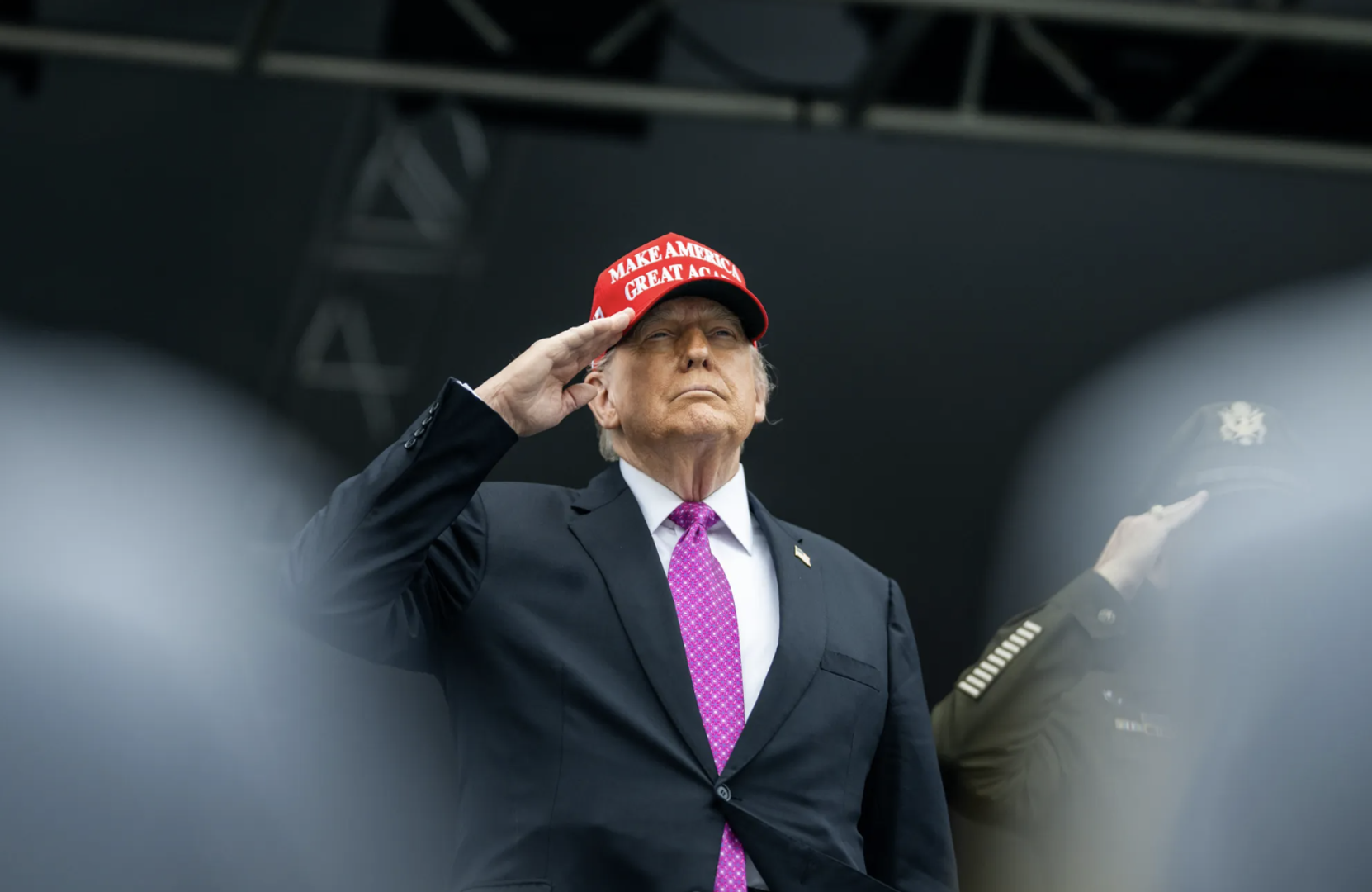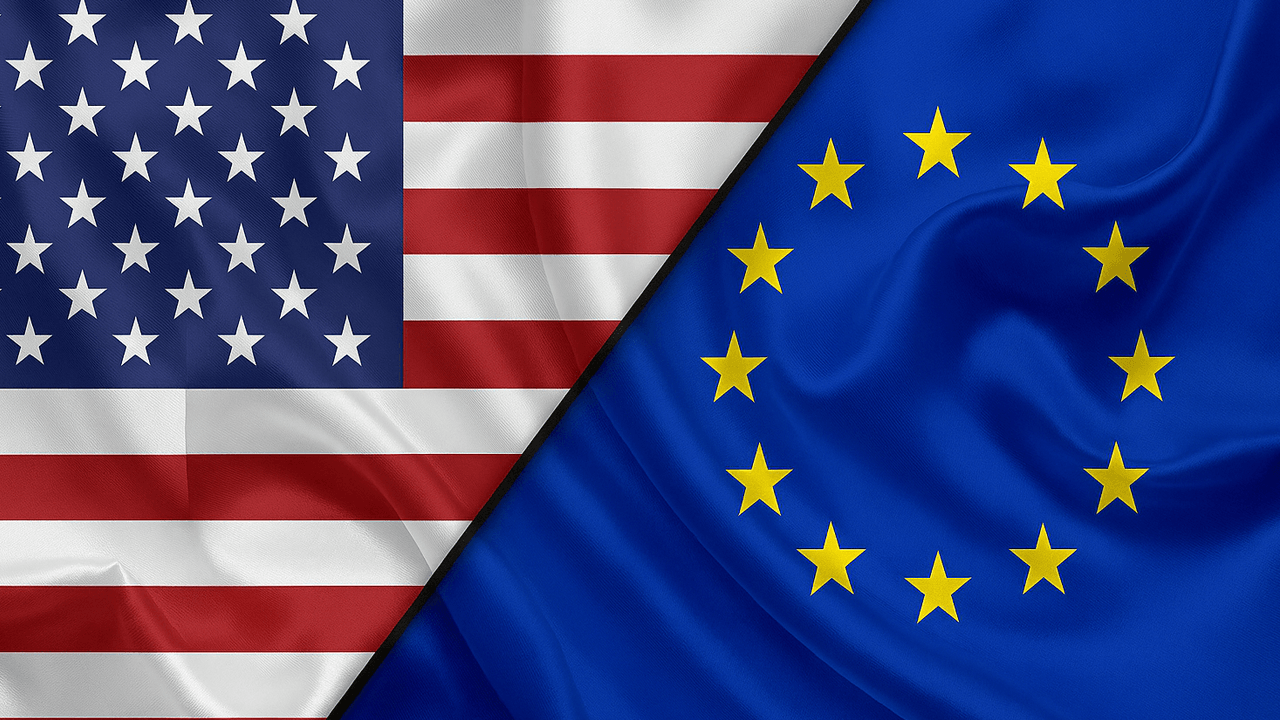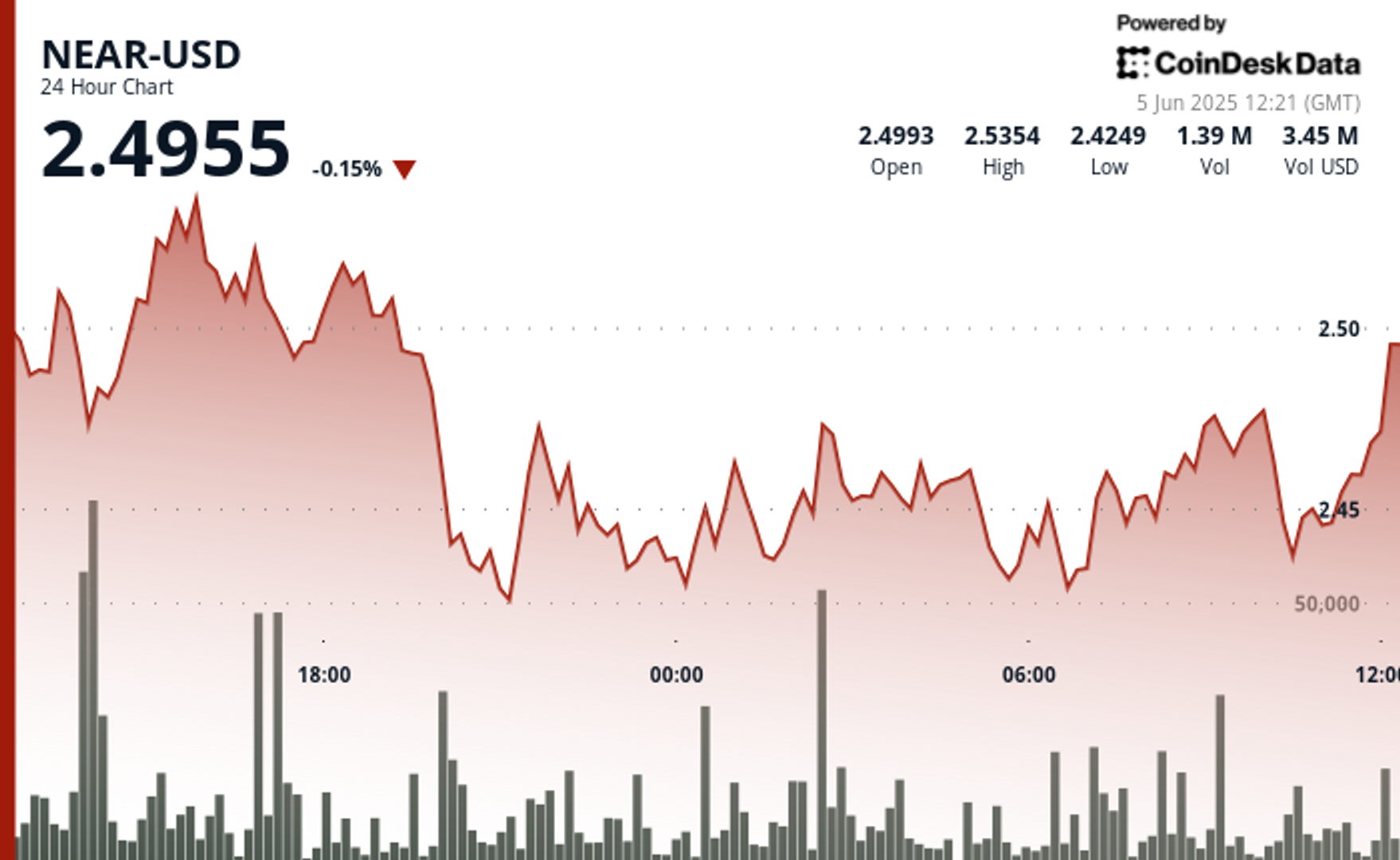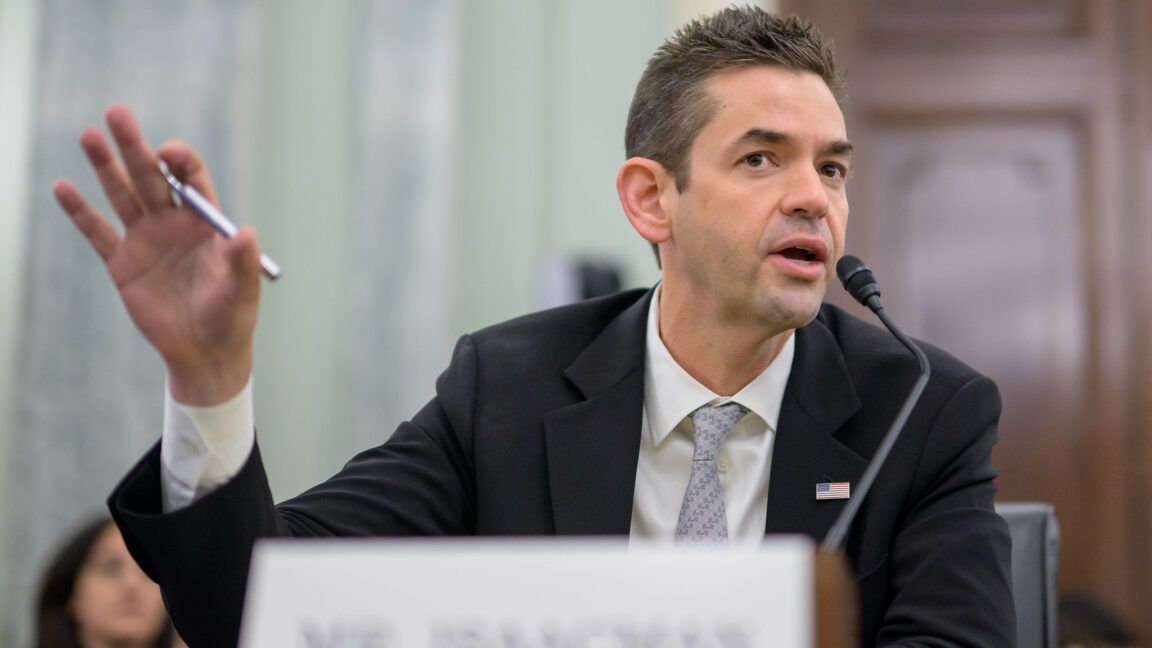Bessent says China has a ‘choice’ on whether or not to be a reliable partner
Treasury Secretary Scott Bessent said Beijing has a choice on whether or not to be a dependable partner with the rest of the world.

Treasury Secretary Scott Bessent said Beijing has a choice on whether or not to be a dependable partner with the rest of the world, reiterating that China needs to shift to a more consumption-led economy to help ease global imbalances.
“They either want to be a reliable partner to the rest of the world, or they don’t,” Bessent said via video link to the American Swiss Foundation Leadership Summit in Zurich on Tuesday.
“They are in the midst of a large real estate — I won’t be alarmist and say crisis — but a large real estate over-build and the way for them to stabilize their economy is not to export deflation and excess products to the rest of the world,” he said. “The way to do that is through a level of fiscal stimulus and to stop over-manufacturing, and get on a sound footing for the consumer economy.”
Bessent didn’t comment about a possible call between President Donald Trump and President Xi Jinping, which White House officials have indicated is in the works.
The world’s two largest economies are pointing fingers at each other for violating terms of a deal they announced three weeks ago in Geneva pausing tit-for-tat tariffs until mid-August to give talks time to play out.
Trump “wants the U.S. to become more of a manufacturing economy,” Bessent said. The U..S is trying to remain a destination for foreign and domestic investment with tax cuts, trade rebalancing and deregulation, adding that precision manufacturing is one of the goals of the Trump administration, he said.
Bessent also said he sees untapped potential for Switzerland and the U.S. to collaborate more on artificial intelligence and financial services. He said U.S. officials will continue working with their Swiss counterparts to streamline global financial regulations, modernize capital requirements and continue to engage with one another on key macroeconomic issues.
July 9 Extension
Switzerland is among several countries trying to negotiate a bilateral trade deal with the U.S. to avoid an increase of Trump’s reciprocal tariff of 10% to a higher level designated on April 2 — 31% in Switzerland’s case — when a 90-day reprieve expires on July 9.
Speaking earlier at the same forum, the top Swiss trade official Helene Budliger said Switzerland was assured by the U.S. that tariffs will stay at their current 10% level instead of ratcheting up to 31%, even if negotiations extend past July 9.
Switzerland has been told “several times,” both by Secretary Bessent and U.S. Trade Representative Jamieson Greer, that the time would be extended, “as long as there is a perception that we’re negotiating in a bona fide way — which is the only way Swiss negotiate,” she told Bloomberg Television.
Swiss President Karin Keller-Sutter had previously said that it’s “clear” that the deadline would be moved as long as talks continue, but there was no U.S. confirmation for this. Switzerland’s government last week signed off on a negotiation mandate that sketches a compromise around cutting tariffs for agricultural goods the country doesn’t significantly produce.
Budliger added that both sides started “a quite detailed conversation on what a UK style deal could look like between the U.S. and Switzerland.” There are “relatively concrete ideas” on the table, she said.
She also said that Switzerland is suffering from a global overproduction of steel along with the U.S.
This story was originally featured on Fortune.com

























